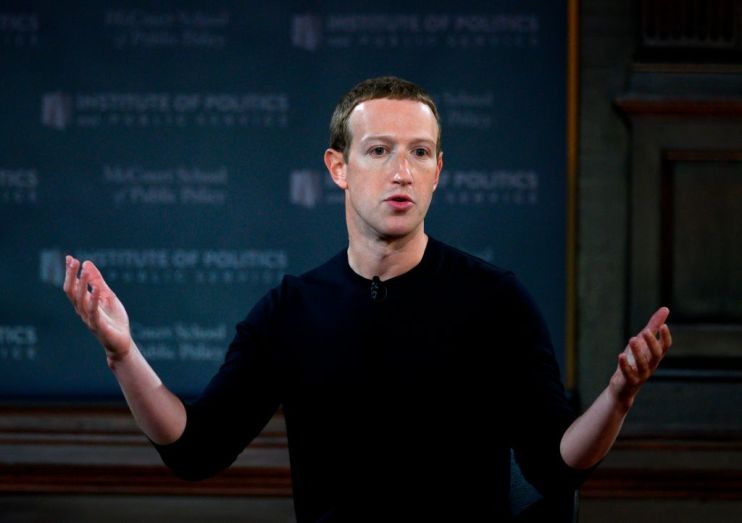MPs challenge Sir Nick Clegg over Facebook’s political ads rule change

A top MP has written to Facebook vice president Sir Nick Clegg urging him to explain why the social media platform has overhauled its rules on political advertising.
Damian Collins, chair of the Digital, Culture, Media and Sport (DCMS) Select Committee, warned the changes would “place a heavy constraint on [Facebook’s] ability to combat disinformation online ahead of elections”.
Read more: Facebook co-founder launches anti-monopoly trust
The warning focused on Facebook’s decision to change its policy from banning “deceptive, false or misleading content” to only banning ads that “include claims debunked by third-party fact-checkers, or, in certain circumstances, claims debunked by organisations with particular expertise”.
In a letter to the former deputy prime minister, Collins said the overhaul would effectively allow all claims by political figures to go unchallenged.
Facebook is facing increased scrutiny over its advertising policy as Westminster gears up for a General Election, while the site has also announced new measures ahead of the 2020 US presidential election.
But Collins said the move would absolve Facebook from the responsibility of identifying and tackling misinformation spread by “bad actors” such as Russia’s co-called Internet Research Agency (IRA).
The US has filed criminal charges against 13 members of the IRA troll agency over attempts to interfere in the 2016 presidential election.
Facebook today said it had identified and removed four separate foreign interference networks in Iran and Russia that were targeting the upcoming US election
It came as the embattled social media platform unveiled a number of measures aimed specifically at preparing for the next UK election.
From next week the tech giant will introduce new verification process for anyone who wants to run political ads, including campaigns about social issues such as immigration, health and the environment.
It also unveiled improvements to the Ad Library – its archive for Facebook adverts – and said it will set up a “dedicated operations centre” when a UK election is called.
Richard Allan, Facebook’s vice president of policy solutions, also called on the government to provide greater clarity over what constitutes a political ad and who, if anyone, should decide what politicians can and cannot say in adverts.
Read more: Facebook suffers drop in brand value as consumer trust slides
In addition, Collins asked Clegg to explain why Facebook was extending its end-to-end encryption capabilities beyond Whatsapp to Instagram and Facebook Messenger.
Home secretary Priti Patel has previously warned that the move would hamper surveillance efforts and threaten public safety.
Main image credit: Getty